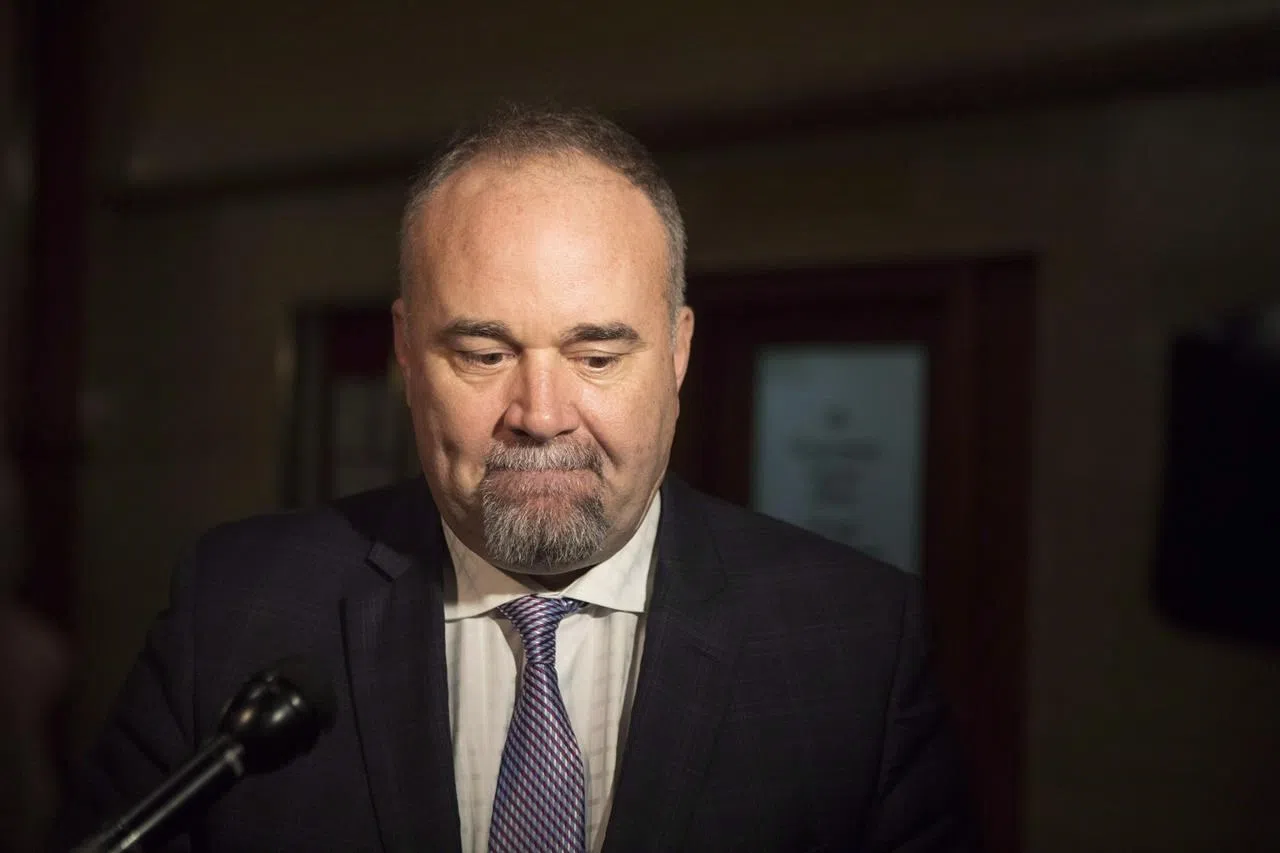
Ottawa says Ontario’s call to drop retaliatory tariffs would mean ‘surrender’
TORONTO — Ottawa dismissed a call from Ontario’s economic development minister Monday to drop retaliatory tariffs against the United States, saying doing so would mean “unilateral surrender” to the Americans.
The federal government applied tariffs on $16.6-billion worth of American imports of steel, aluminum and other products after the U.S. imposed steel and aluminum levies last year.
Ontario’s Economic Development Minister Todd Smith had said earlier on Monday that the tariffs are hurting industries and workers in both countries, and if Canada dropped its countermeasure tariffs the U.S. could drop theirs.
Federal Economic Development Minister Navdeep Bains rejected the suggestion, saying in a statement that his government has been hard at work pressuring the Americans to end the trade dispute.


